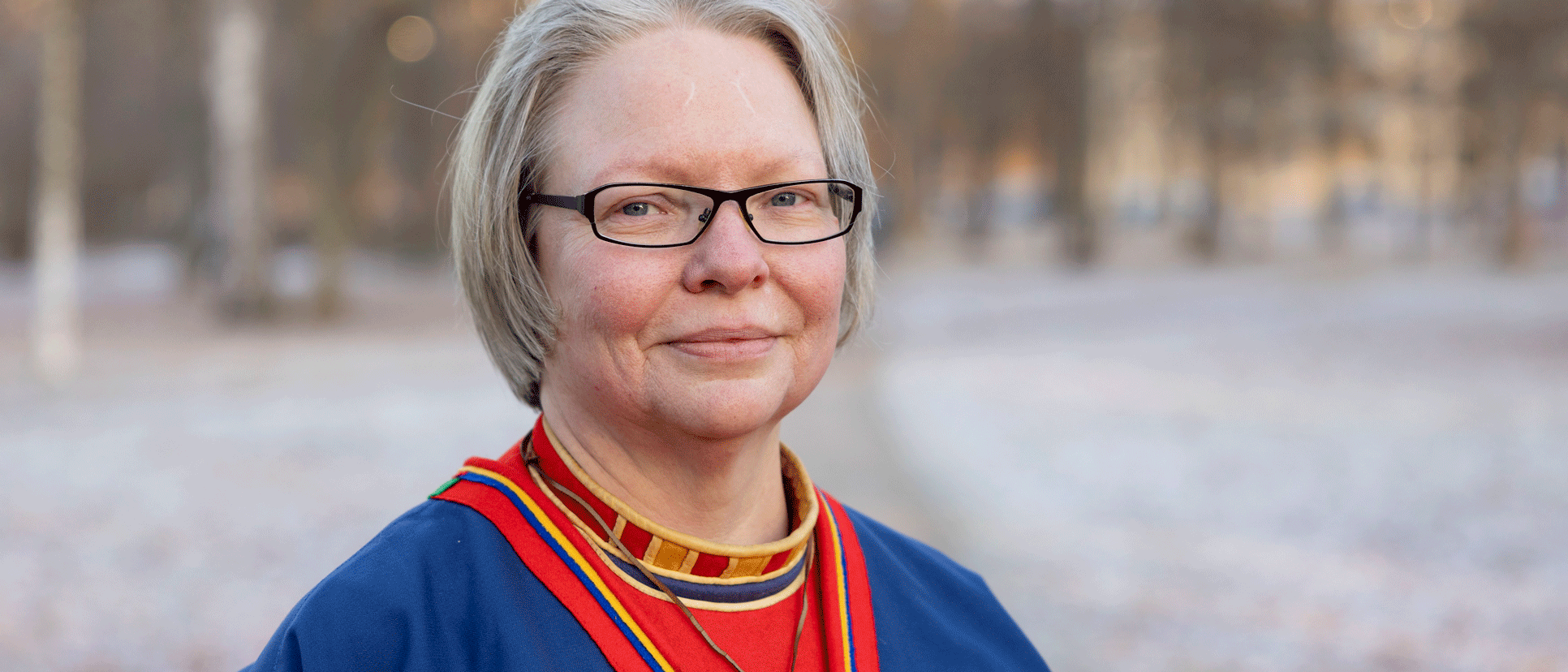“The public is generally poorly informed”

May-Britt Öhman, was given the assignment as expert contributor to the Government's Committee on Reindeer Land via a Sami organisation.
Hello May-Britt Öhman, researcher at the Centre for Multidisciplinary Studies on Racism and expert contributor to the Government's Committee on Reindeer Lands.What is the purpose of this inquiry?
“It is to investigate who has the right to allow small game hunting and fishing on Sami lands, beyond the cultivation boundary and in the reindeer grazing mountains. This is a large area that is very sensitive to disturbances. The reindeer husbandry legislation must also be investigated. It is an extensive undertaking with great significance in terms of how Sweden is to live up to its commitment to the rule of law.”
Why is it needed?
“Following a decade-long legal process, the Supreme Court ruled in 2020 that the state had exceeded its authority. That is the background to the investigation. Reindeer husbandry has been practised by the Sami for at least a thousand years. Individual Sami families owned and taxed their lands on which they engaged in reindeer husbandry, hunting, fishing and other activities. From the 19th century onwards, through an administrative process known as avvittringen (‘division of land’), the state stole these lands. At the same time, supported by scientific racism, including skull measurements and racial biology, the Sámi were designated as inferior. Laws were enacted to control reindeer husbandry and thus the Sami. The first law in 1886 was followed by three more. In the most recent one, in 1971, the state took control of reindeer husbandry in Sami villages, although the villages still controlled hunting and fishing. This changed in 1993, when the state took over hunting and fishing without any legal inquiry, something which has now been called into question by the Supreme Court's ruling.”
What is your assignment more specifically?
"The investigation includes parliamentary experts from organisations such as the National Association of Swedish Tornedalians and the Swedish National Sami Organisation, who have been appointed by the political parties of the Sami Parliament. I myself am part of a group of experts appointed in part by the government and in part by stakeholder organisations. I was given the assignment via a Sami organisation due to my knowledge as a researcher and because I have in-depth knowledge of Sami society and its expertise.”
What do you think will be the most difficult aspect?
"More than a hundred years of land theft by the state shouldn’t be so difficult to investigate, given the extensive documentation. On the other hand, the inquiry has a great responsibility to simultaneously bring information to light for Swedish society. Since Sami rights will be emphasised, this will probably lead to even more threats and hatred against the Sami and physical attacks on reindeer. We have seen many examples of this, both historically and recently. This, in turn, is connected to the fact that the public is generally poorly informed, which is due in turn to the fact that schools and universities teach very little about Swedish-Sámi history, or Sámi culture and traditions. As an employee of CEMFOR, I hope to be able to help ensure that at least Uppsala University becomes better at teaching people about these issues.”
Åsa Malmberg
